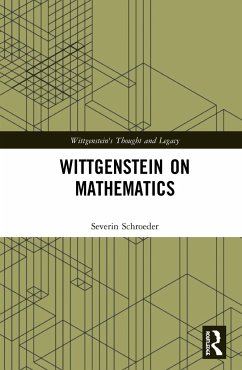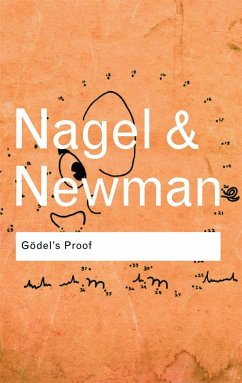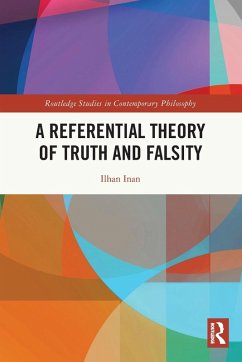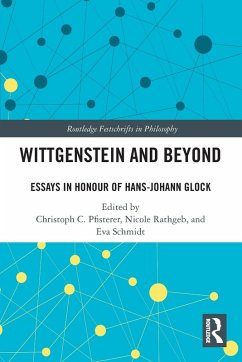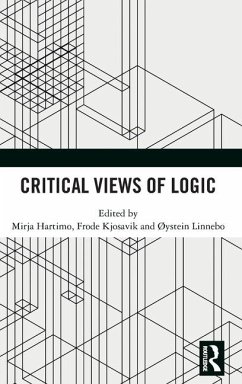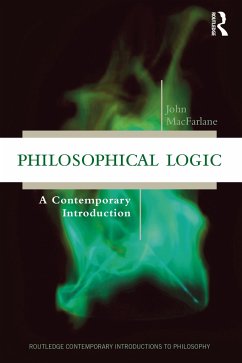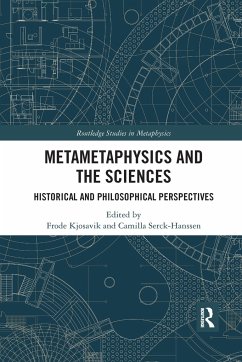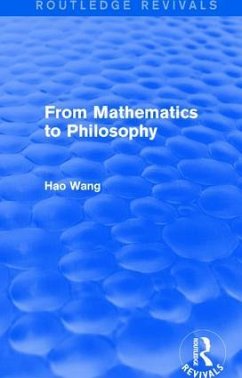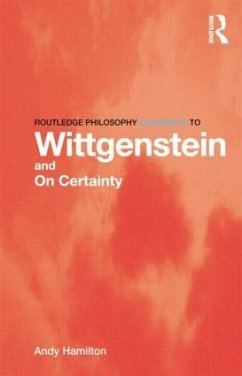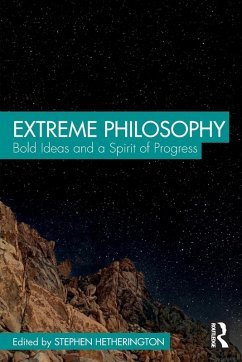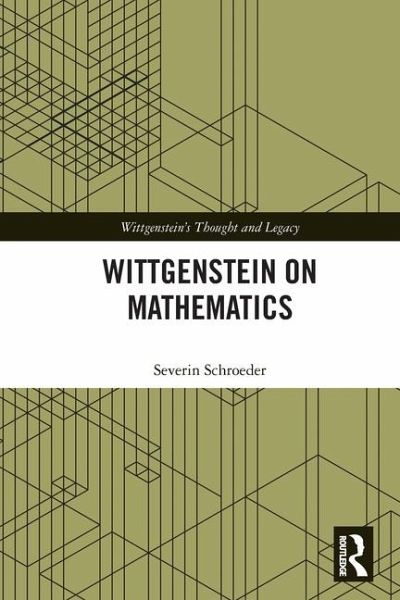
Wittgenstein on Mathematics
Versandkostenfrei!
Versandfertig in 6-10 Tagen
43,99 €
inkl. MwSt.
Weitere Ausgaben:

PAYBACK Punkte
22 °P sammeln!
This book offers a detailed account and discussion of Ludwig Wittgenstein's philosophy of mathematics. In Part I, the stage is set with a brief presentation of Frege's logicist attempt to provide arithmetic with a foundation and Wittgenstein's criticisms of it, followed by sketches of Wittgenstein's early views of mathematics, in the Tractatus and in the early 1930s. Then (in Part II), Wittgenstein's mature philosophy of mathematics (1937-44) is carefully presented and examined. Schroeder explains that it is based on two key ideas: the calculus view and the grammar view. On the one hand, mathe...
This book offers a detailed account and discussion of Ludwig Wittgenstein's philosophy of mathematics. In Part I, the stage is set with a brief presentation of Frege's logicist attempt to provide arithmetic with a foundation and Wittgenstein's criticisms of it, followed by sketches of Wittgenstein's early views of mathematics, in the Tractatus and in the early 1930s. Then (in Part II), Wittgenstein's mature philosophy of mathematics (1937-44) is carefully presented and examined. Schroeder explains that it is based on two key ideas: the calculus view and the grammar view. On the one hand, mathematics is seen as a human activity - calculation - rather than a theory. On the other hand, the results of mathematical calculations serve as grammatical norms. The following chapters (on mathematics as grammar; rule-following; conventionalism; the empirical basis of mathematics; the role of proof) explore the tension between those two key ideas and suggest a way in which it can be resolved. Finally, there are chapters analysing and defending Wittgenstein's provocative views on Hilbert's Formalism and the quest for consistency proofs and on Gödel's incompleteness theorems.





